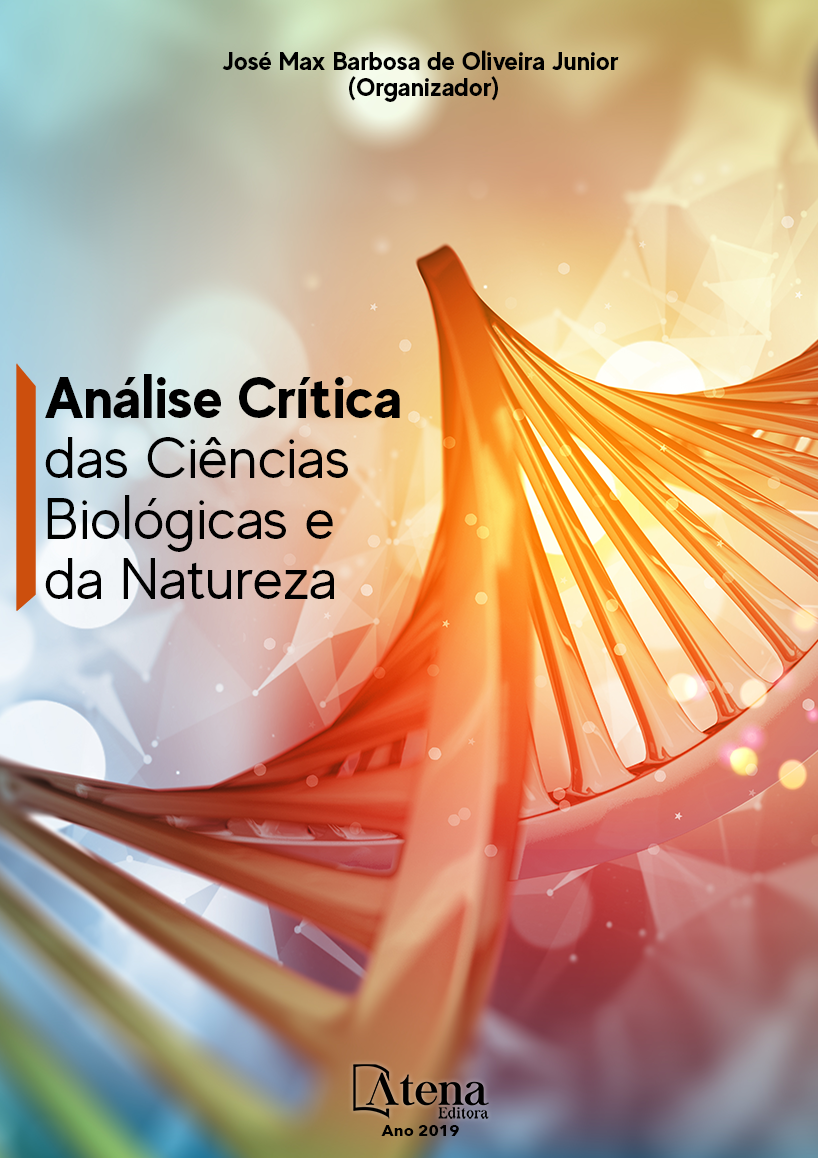
Bactérias Veiculadas por Formigas Capturadas em Ambientes Alimentares de Creches do Município de Rondonópolis-MT
É comum observar formigas em áreas destinadas à alimentação. É motivo de grande preocupação, pois o controle de pragas como as formigas, torna-se um ponto chave no que se refere a intoxicações alimentares. Neste contexto, a pesquisa teve como objetivo avaliar a presença de formigas, em ambientes alimentares de creches do município de Rondonópolis-MT e as bactérias por elas veiculadas. As formigas foram coletadas em dispensa e cozinha de três creches do município. Para a coleta dos insetos, foram utilizadas como armadilhas, placas de Petri estéreis, contendo mel, bala e sardinha como iscas. As formigas capturadas foram inseridas em tubos de ensaio contendo Caldo Mueller Hinton, e incubadas a 37 oC por 24 horas. Posteriormente, 0,1 mL do caldo foi semeado em ágar sangue e incubado à 37 oC por 48 horas, visando um pré isolamento dos micro-organismos. As colônias crescidas em ágar sangue foram isoladas em ágar Mueller Hinton e submetidas inicialmente a classificação morfo-tintorial (Gram). As cepas de cocos Gram-positivo e de bacilos Gram- negativos foram submetidas à provas de identificação. Entre as 16 formigas analisadas, foram isoladas 15 cepas de bactérias, sendo 07 Cocos Gram-positivo (47%); 03 Bacilo Gram-negativo (20%); 04 Bacilo Gram-positivo (26%) e 01 Cocos Gram-negativo (07%). Foram identificadas cepas de: Staphylococcus saprophyticus, Staphylococcus epidermides, Staphylococcus aureus, bacilo Gram-negativo não fermentador (BNFs) e Bacillus sp. Os resultados demonstram a diversidade de bactérias transportadas por formigas e estas encontradas em ambientes alimentares, podem ser consideradas um risco à saúde.
Bactérias Veiculadas por Formigas Capturadas em Ambientes Alimentares de Creches do Município de Rondonópolis-MT
-
DOI: 10.22533/at.ed.57619270520
-
Palavras-chave: Bactérias, Formigas, Alimentos.
-
Keywords: Bacteria, Ants, Food.
-
Abstract:
It is common to observe ants in areas destined to food and, consequently, transforming the safety of these, a cause of great concern, affecting the control of pests like the ants, a key point with regard to intoxications food. In this context, the research had the objective of assessing the presence of ants, in the food environment of kindergartens in the city of Rondonópolis-MT and the bacteria they carry. The ants were collected in dispensing and kitchen of three kindergartens of the city of Rondonópolis- MT. For the collection of the ants, sterile Petri dishes containing honey, candy and sardines were used as baits. The captured ants were inserted into tubes containing Mueller Hinton Broth for microbiological growth and incubated at 37 ° C for 24 hours. Subsequently, 0.1 mL of the broth was seeded in blood agar and incubated at 37 oC for 48 hours, aiming at a pre-isolation of the microorganisms. The colonies grown on blood agar were isolated on Mueller Hinton agar and initially submitted to morpho-tinctorial (Gram) classification. Gram positive and Gram negative bacilli strains were submitted to identification tests. 07 Gram-positive coccus (47%); 03 Gram-negative bacillus (20%); 04 Gram-positive bacillus (26%) and 01 Gram-negative coccus (07%). These strains were identified: Staphylococcus saprophyticus, Staphylococcus epidermides, Staphylococcus aureus, Gram-negative non-fermentative bacillus (BNFs) and Bacillus sp. The results prove the diversity of bacteria transported by ants, which are detected in feeding environments, can be judged a health risk and should, therefore, be controlled.
-
Número de páginas: 15
- Raiane Teixeira Xavier
- Meg Caroline do Couto
- Daves Lopes Ocereu
- Milene Moreno Ferro Hein
- Helen Cristina Favero Lisboa
- CAMILA ELENA DILLY CAMARGO


